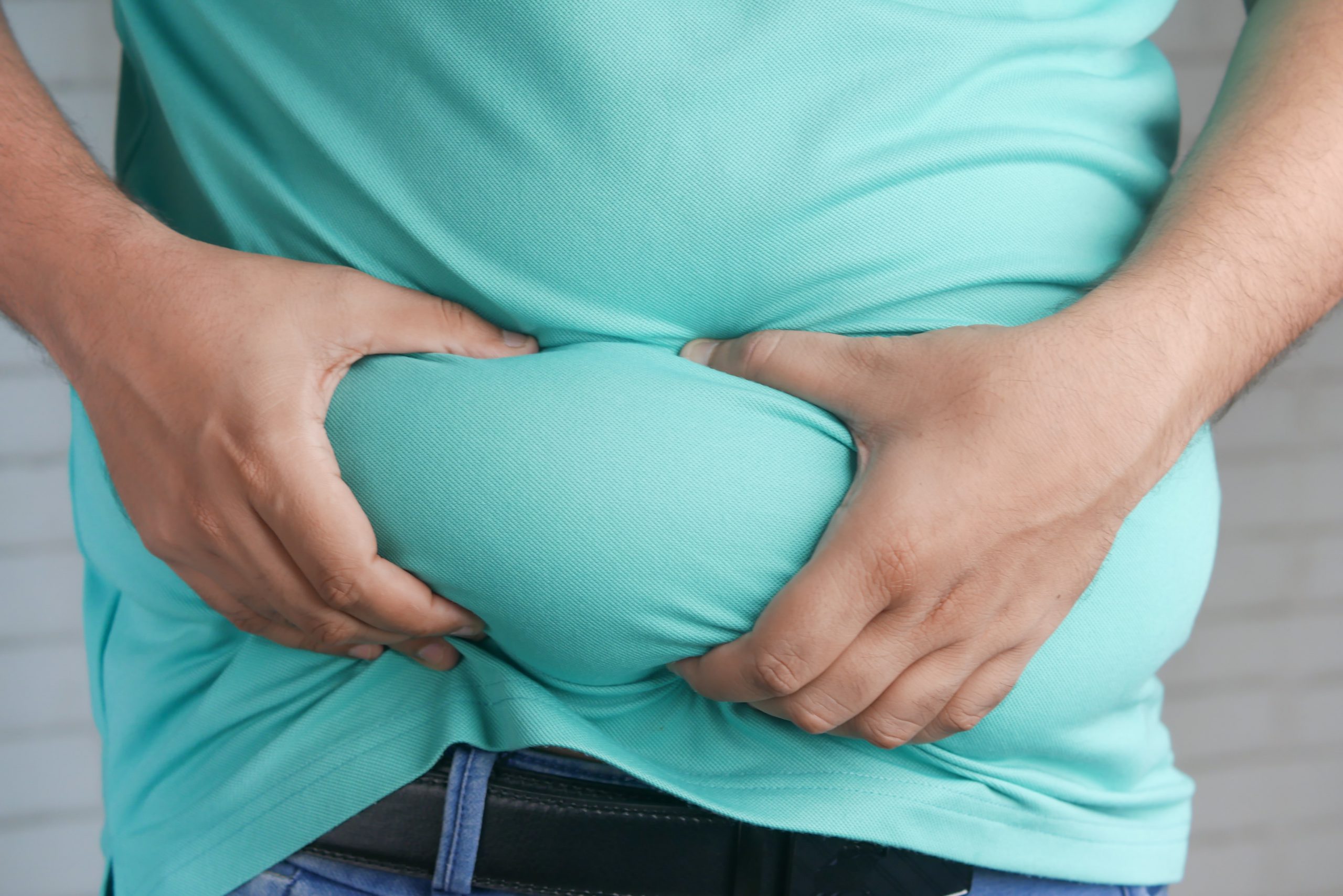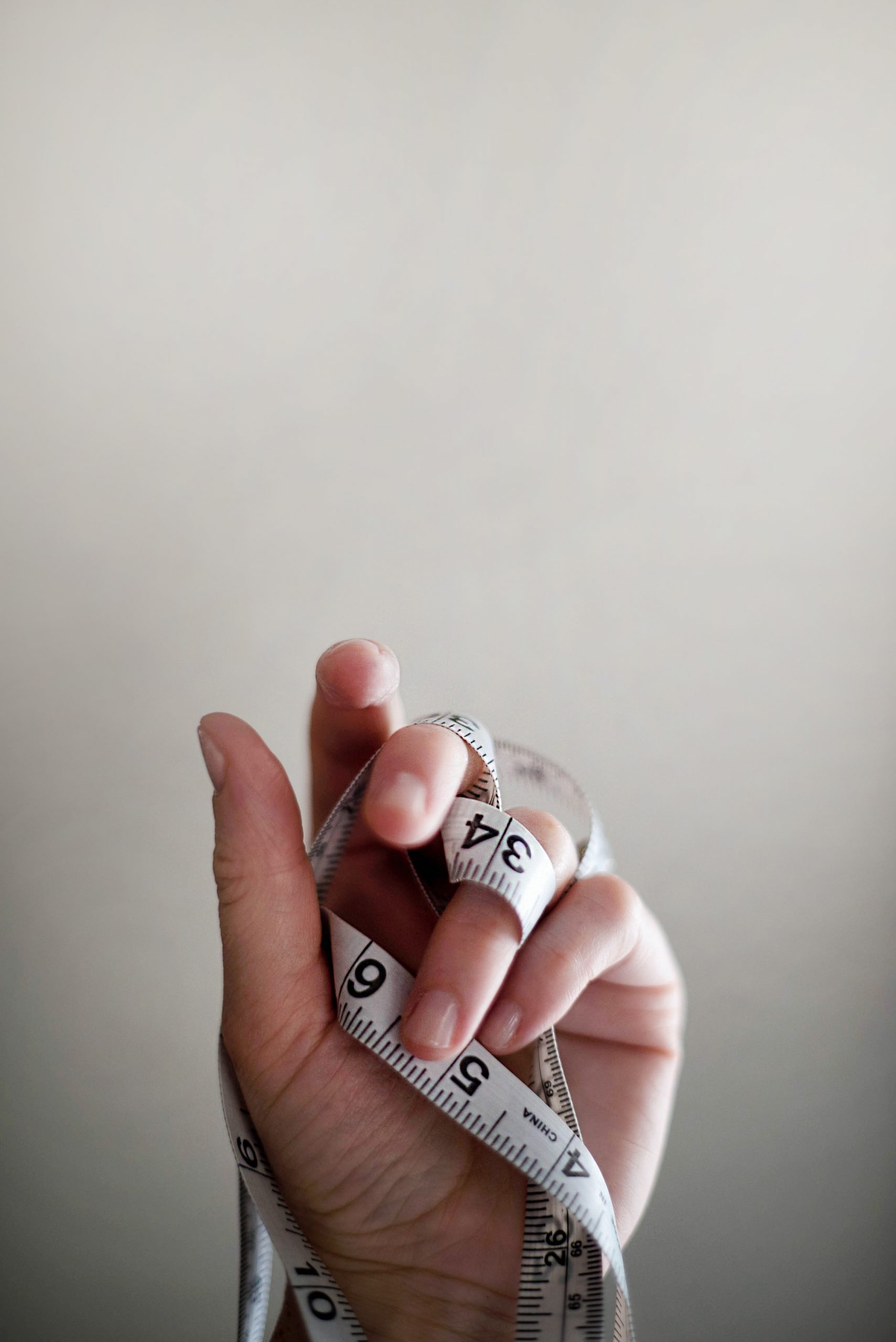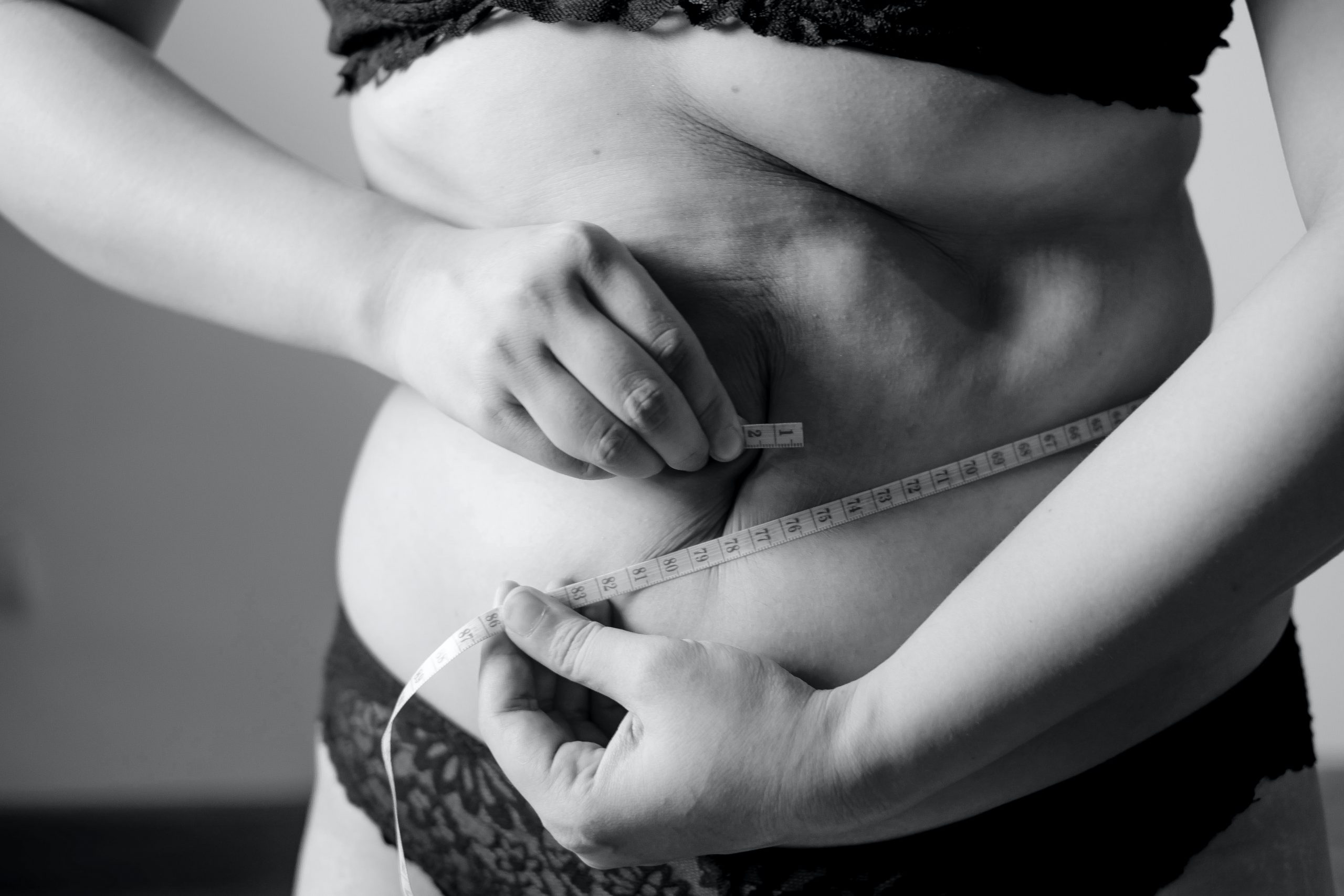Are you looking to lose weight but don’t know where to start?
Losing weight can be a daunting task, but with the right knowledge and approach, it is achievable. In this comprehensive guide, we will discuss effective strategies and methods for losing weight in a healthy and sustainable way.

Introduction
Losing weight can have numerous benefits, from improving your overall health to boosting your confidence and self-esteem. However, it is important to approach weight loss in a healthy and sustainable way to avoid any negative consequences.
In this guide, we will explore the various factors that contribute to weight loss, including diet, exercise, and lifestyle changes. By incorporating these strategies into your daily routine, you can achieve your weight loss goals in a safe and effective way.
Understanding Weight Loss
Before we dive into the specifics of weight loss, it is important to understand the basics of how weight loss works.
Calories and Weight Loss
At its core, weight loss is all about burning more calories than you consume. This is known as a calorie deficit. When you are in a calorie deficit, your body turns to stored fat for energy, which leads to weight loss.
To lose one pound of fat, you need to create a calorie deficit of 3,500 calories. This can be achieved through a combination of diet and exercise.
Metabolism and Weight Loss
Your metabolism plays a crucial role in weight loss. Metabolism refers to the process by which your body converts food into energy. A faster metabolism means that your body burns more calories at rest, which can aid in weight loss.
There are several factors that can impact your metabolism, including age, gender, and genetics. However, there are also lifestyle changes you can make to boost your metabolism, such as exercising regularly and building muscle mass.
Diet
Diet plays a significant role in weight loss. By making healthy food choices, you can create a calorie deficit and support your weight loss goals.

Types of Diets
There are many different types of diets that can aid in weight loss. Some popular options include:
- The Mediterranean diet
- The ketogenic diet
- The low-carb diet
- The low-fat diet
Ultimately, the best diet for weight loss is one that is sustainable and fits your individual needs and preferences.
Macronutrients
Macronutrients refer to the three main components of your diet: carbohydrates, protein, and fat. Each macronutrient plays a unique role in your body and can impact your weight loss goals.
To support weight loss, it is important to consume a diet that is high in protein, as protein can help you feel fuller for longer and support muscle growth.
Micronutrients
Micronutrients refer to the vitamins and minerals that are essential for overall health. While they do not directly impact weight loss, consuming a diet that is rich in micronutrients can support your overall health and well-being.
Exercise
Exercise is another important component of weight loss. By incorporating physical activity into your daily routine, you can burn additional calories and support muscle growth.

Types of Exercise
There are many different types of exercise that can aid in weight loss, including:
- Cardiovascular exercise (such as running, cycling, or swimming)
- Strength training (such as weight lifting)
- High-intensity interval training (HIIT)
Ultimately, the best type of exercise for weight loss is one that you enjoy and can stick to consistently.
Benefits of Exercise
In addition to aiding in weight loss, exercise has numerous benefits for overall health and well-being. Regular physical activity can improve cardiovascular health, boost mood, and reduce the risk of chronic diseases such as diabetes and heart disease.
Lifestyle Changes
In addition to diet and exercise, there are several lifestyle changes you can make to support your weight loss goals.
Sleep
Getting adequate sleep is essential for weight loss. Lack of sleep can lead to an increase in the hormone ghrelin, which stimulates hunger and can lead to overeating.
Stress Management
Stress can also impact weight loss. Chronic stress can lead to an increase in the hormone cortisol, which can promote the storage of fat in the body. Finding healthy ways to manage stress, such as meditation or yoga, can support weight loss efforts.
Hydration
Drinking enough water is important for overall health and can aid in weight loss. Staying hydrated can help you feel fuller for longer and support metabolic function.
Alcohol Intake
Alcohol can be a significant source of empty calories and can impede weight loss efforts. Limiting alcohol intake or avoiding it altogether can support weight loss goals.
Weight Loss Plateaus
It is common to experience weight loss plateaus, where weight loss stalls despite consistent efforts. To overcome a weight loss plateau, it may be necessary to adjust your diet and exercise routine or seek the guidance of a healthcare professional.

Tips for Success
Incorporating the following tips into your weight loss journey can support your success:
- Set realistic goals
- Track your progress
- Find a support system
- Be patient and consistent
Conclusion
Losing weight can be a challenging but rewarding journey. By incorporating a healthy diet and exercise habits, as well as making lifestyle changes, you can lose weight and achieve your goals in a sustainable and healthy way.
FAQs
- Is it necessary to count calories for weight loss?
While calorie counting can be a helpful tool for weight loss, it is not necessary for everyone. It is more important to make healthy food choices and create a calorie deficit through diet and exercise.
- How much exercise do I need for weight loss?
The amount of exercise needed for weight loss varies depending on individual factors such as age, gender, and fitness level. Aim for at least 150 minutes of moderate-intensity exercise per week.
- Can I lose weight without dieting?
While dieting can aid in weight loss, it is possible to lose weight without following a specific diet. Making healthy food choices and creating a calorie deficit through exercise can support weight loss efforts.
- How long does it take to see results from weight loss efforts?
The amount of time it takes to see results from weight loss efforts varies depending on individual factors such as starting weight and lifestyle habits. It is important to be patient and consistent in order to achieve long-term weight loss success.
- Are there any supplements that can aid in weight loss?
While there are some supplements that can aid in weight loss, such as caffeine or green tea extract, it is important to note that these supplements should not be relied upon as the sole method for weight loss. They should be used in conjunction with a healthy diet and exercise routine, and always under the guidance of a healthcare professional.
References
- National Institute of Diabetes and Digestive and Kidney Diseases. (2016). Choosing a Safe and Successful Weight-loss Program. Retrieved from https://www.niddk.nih.gov/health-information/weight-management/choosing-safe-successful-weight-loss-program
- Centers for Disease Control and Prevention. (2021). Losing Weight. Retrieved from https://www.cdc.gov/healthyweight/losing_weight/index.html
- Harvard Health Publishing. (2018). Why stress causes people to overeat. Retrieved from https://www.health.harvard.edu/staying-healthy/why-stress-causes-people-to-overeat
- Harvard Health Publishing. (2020). When a weight-loss plateau hits, how to break through. Retrieved from https://www.health.harvard.edu/staying-healthy/when-a-weight-loss-plateau-hits-how-to-break-through
Disclaimer
The information in this article is not intended to be a substitute for professional medical advice, diagnosis, or treatment. Always seek the advice of your physician or other qualified healthcare providers with any questions you may have regarding a medical condition.
Min-Max Fitness



